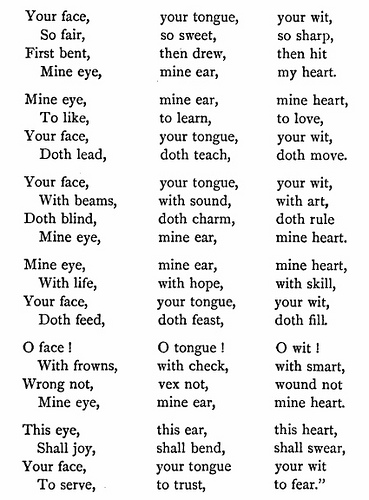In 1979, Time magazine reported that Zachary Zzzra had been nudged out of last place in San Francisco’s telephone directory by Zelda Zzzwramp. He added another Z to his name but was then overtaken by Vladimir Zzzzzzabakov.
So he changed his name to Zzzzzzzzzra.
Zzzzzzzzzra was really Bill Holland, a 59-year-old painting contractor who told potential customers to look him up in the back of the book. The gimmick worked, he said, but his phone bill often exceeded $400. “People making illegal calls from phone booths look up the last name in the book and charge them to me,” he said. “I don’t pay a damn one of them.”


